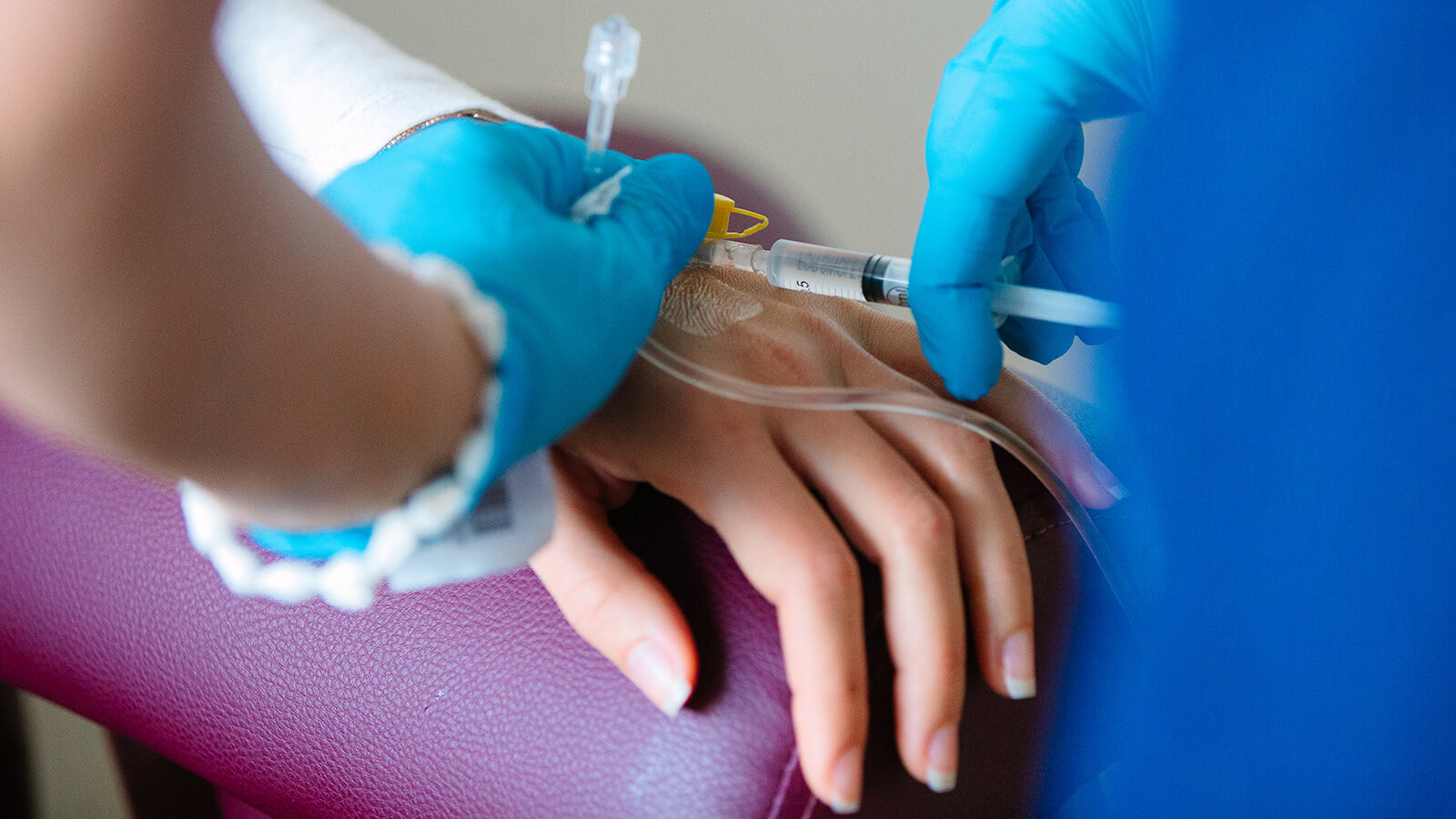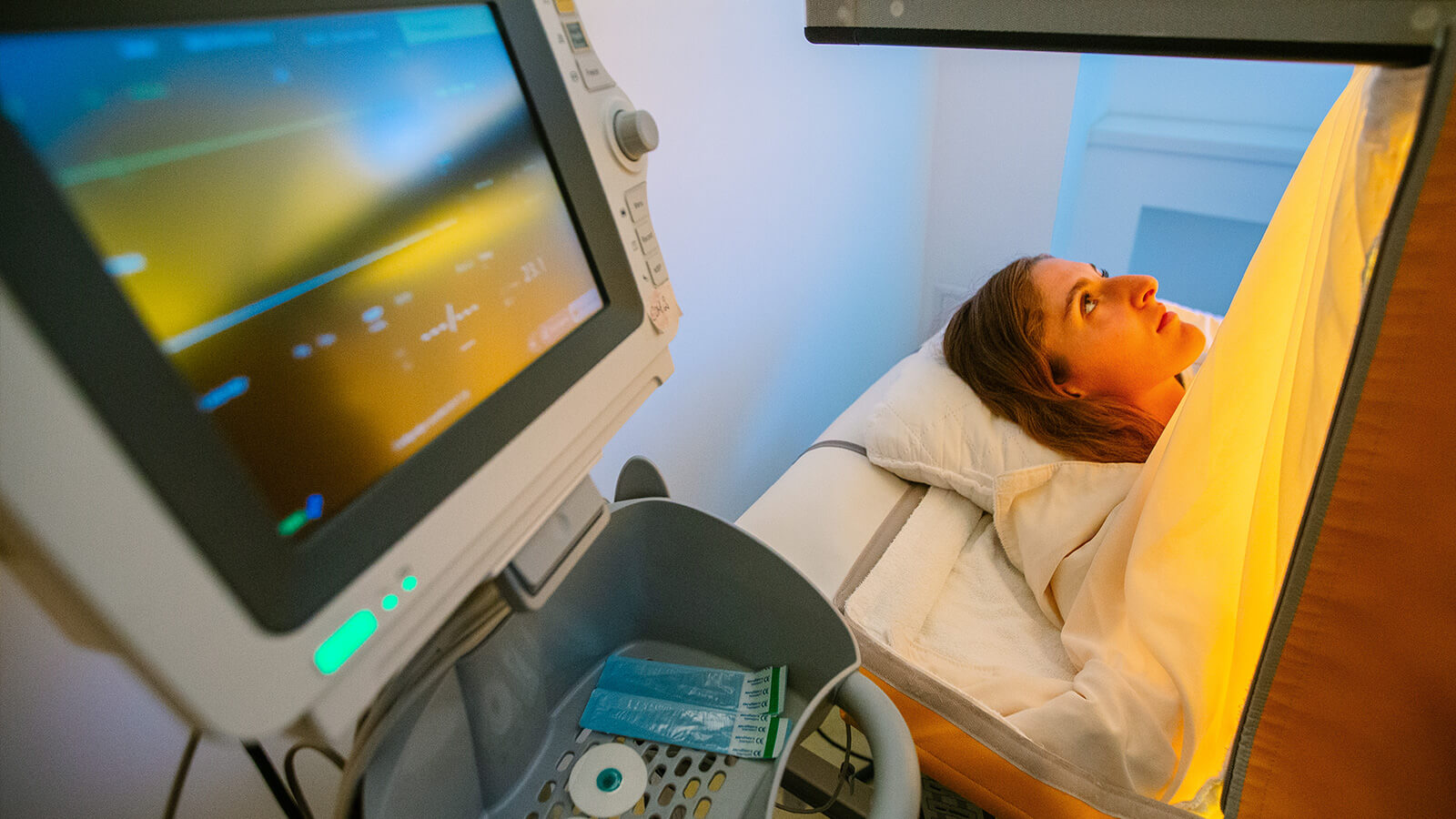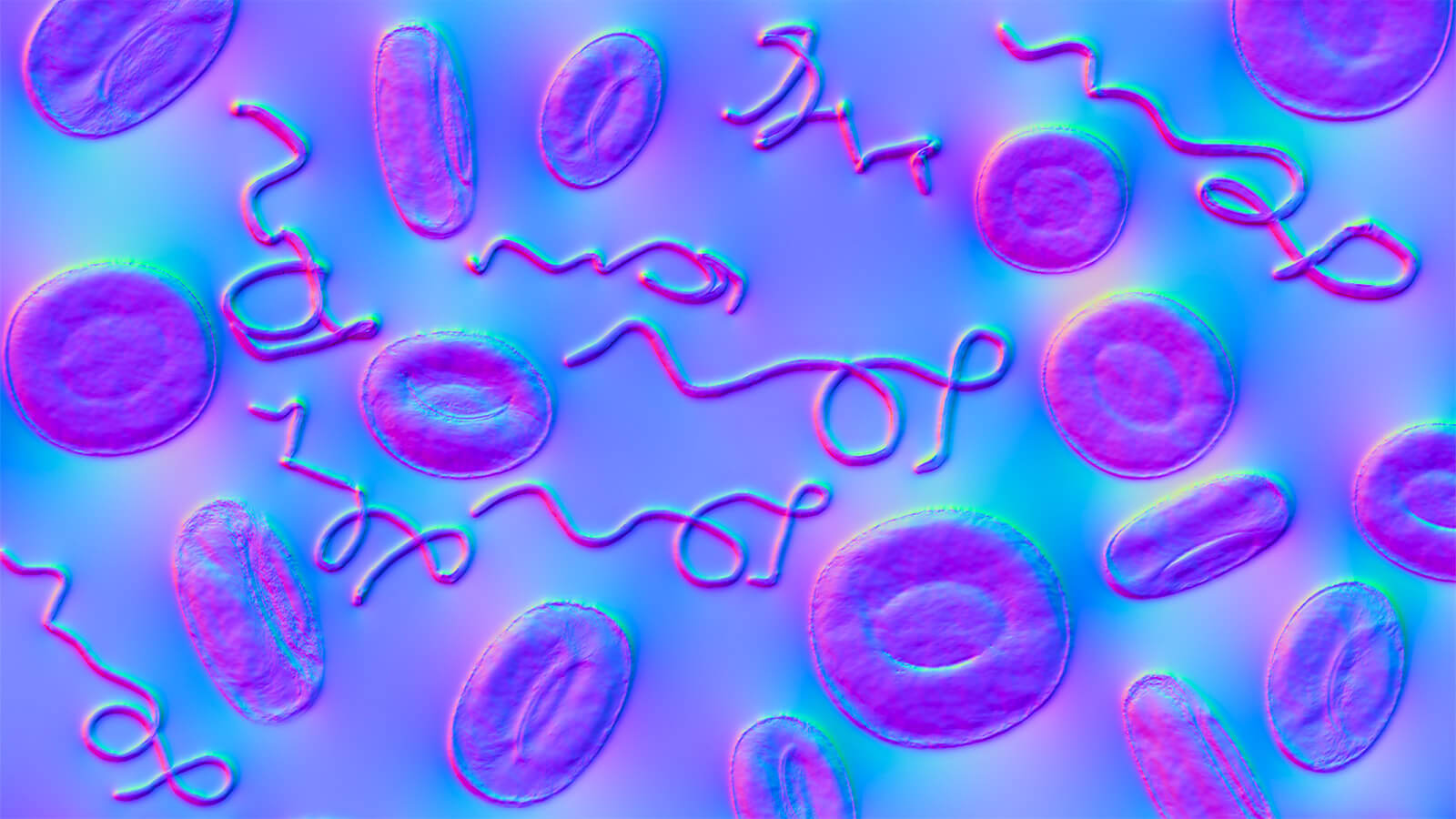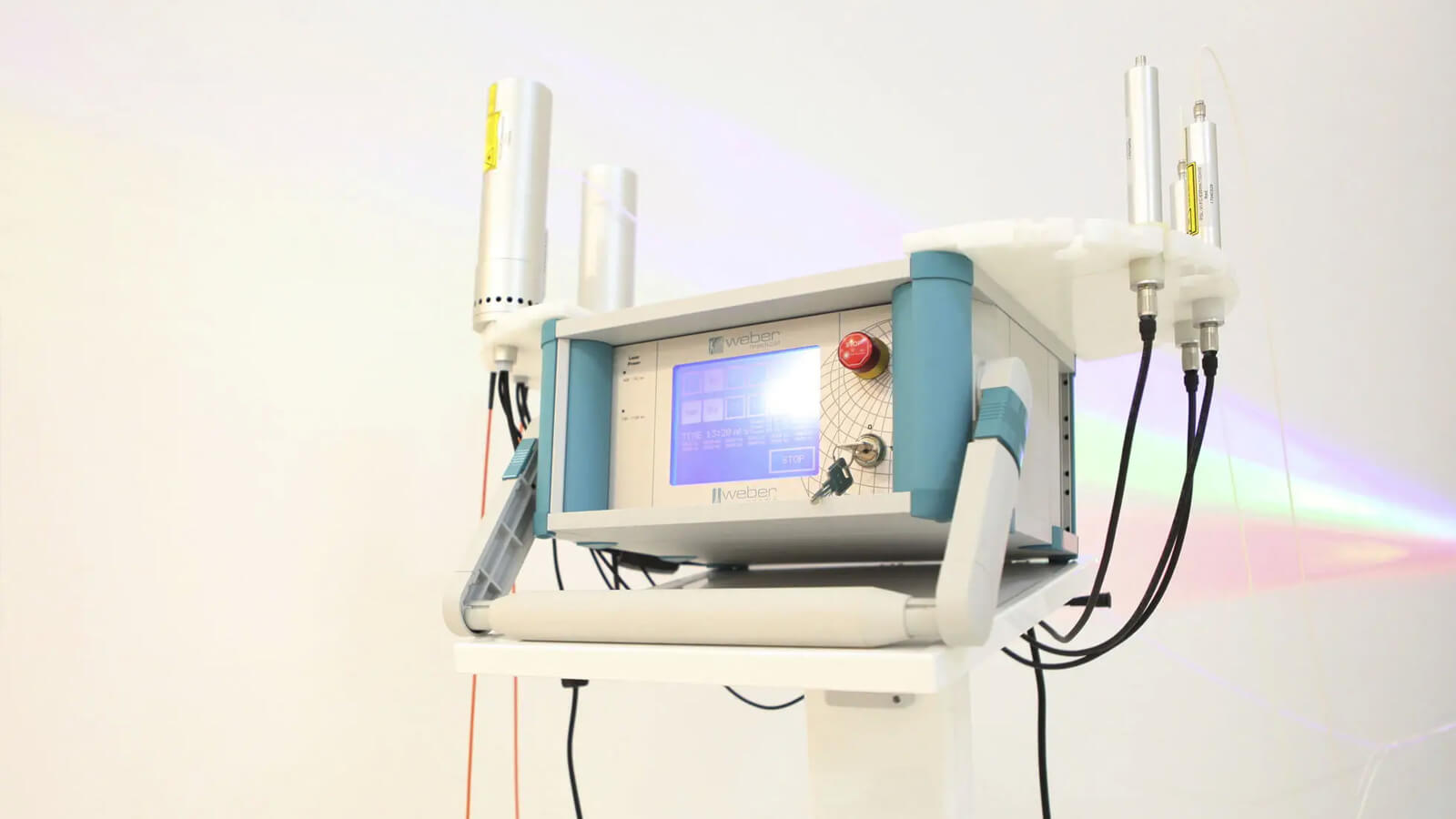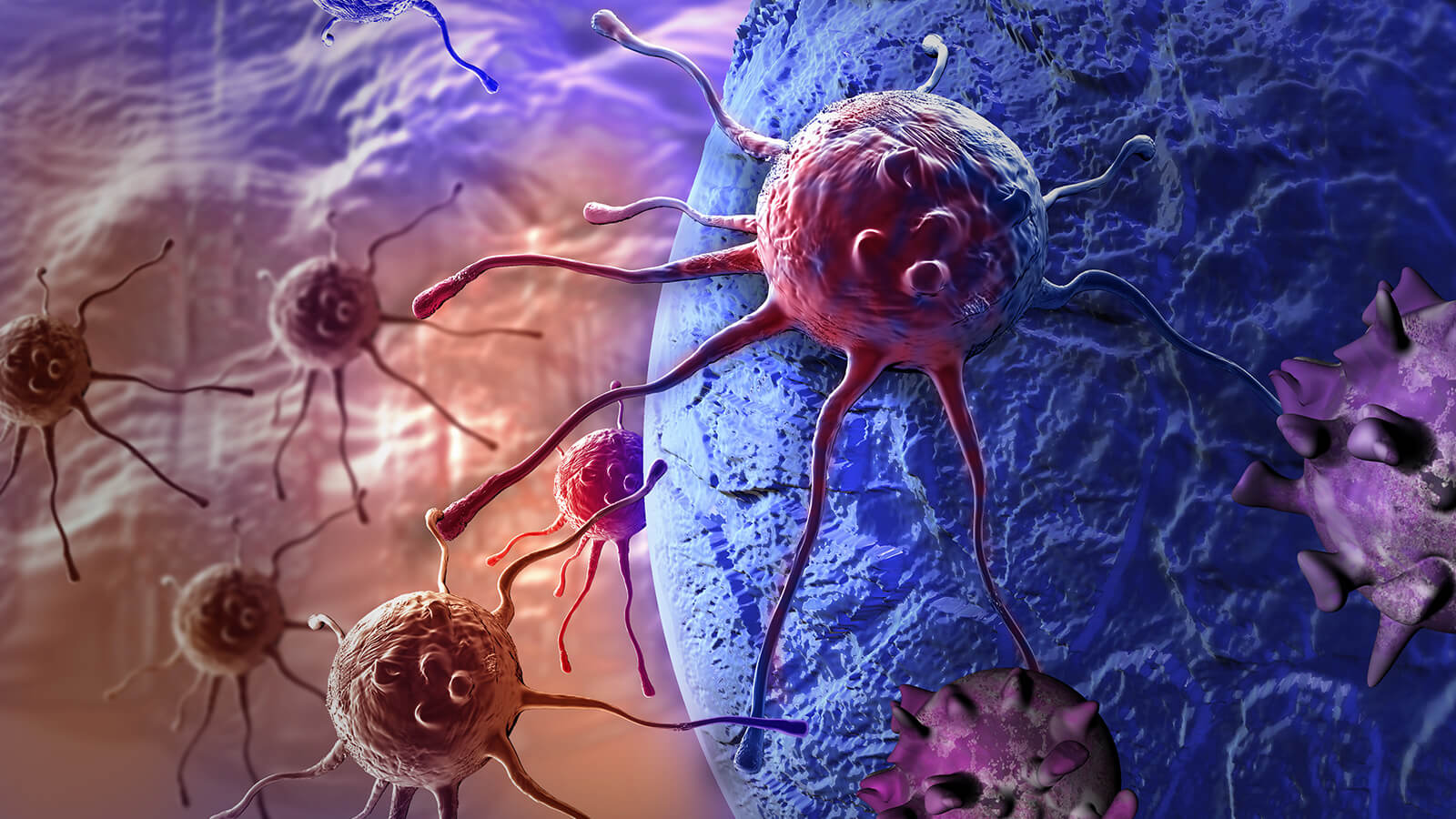
Metronomic chemotherapy
Metronomic chemotherapy involves administering chemotherapeutic medicines continuously or frequently at low doses that are far below the maximum tolerated dose (MTD), with short time intervals in between doses.
Differences between metronomic and conventional chemotherapy
1. The negative effects of metronomic chemotherapy are substantially less severe than those of conventional chemotherapy. Its significantly better toxicity profile allows for extended dosing.
2. The metronomic chemotherapy is much easier to administer.
3. Metronomic chemotherapy Helps to prevent local and distant metastases.
4. Metronomic chemotherapy has a significantly stronger antiangiogenic impact
- while conventional therapy focuses on tumor cells that are actively multiplying, metronomic chemotherapy targets endothelial cells in the expanding tumor vasculature.
- tumor endothelial cells are a significant target for metronomic chemotherapeutic activity.
- metronomic chemotherapy prevents the growth of endothelial progenitor cells, which are crucial for the development of tumor vessels 1. Conversely, chemotherapy at maximal permissible doses stimulates endothelial progenitor cells 2.
- metronomic chemotherapy also induces antiangiogenic thrombospondin-1 protein 3.
- metronomic chemotherapy blocks HIF-1-alpha, the hypoxia-inducible factor that sets off a series of signaling events that lead to tumor angiogenesis, glycolysis, and other mechanisms that promote cancer progression and metastasis 4.
- metronomic chemotherapy decreases the circulating levels of vascular endothelial growth factor VEGF 5.
5. It improves the antitumoral response
- it lowers Treg cells, which, by limiting the immune response, contribute to tumor immunotolerance 6, and it improves the immune NK-cell and T-cell response via this Treg inhibitory action 7.
- it enhances the cytotoxic response of dendritic cells by amplifying tumor antigen presentation 8 and thus increases the immunogenic response to tumor cell death 9.
- it reduces the number of tumor stem cells 10.
What types of cancer are treated with metronomic chemotherapy?
Bibliography
2. Bertolini, Francesco, et al. "Maximum tolerable dose and low-dose metronomic chemotherapy have opposite effects on the mobilization and viability of circulating endothelial progenitor cells." Cancer research 63.15 (2003): 4342-4346.
4. Lee, KangAe, et al. "Anthracycline chemotherapy inhibits HIF-1 transcriptional activity and tumor-induced mobilization of circulating angiogenic cells." Proceedings of the National Academy of Sciences 106.7 (2009): 2353-2358.
2. Bertolini, Francesco, et al. "Maximum tolerable dose and low-dose metronomic chemotherapy have opposite effects on the mobilization and viability of circulating endothelial progenitor cells." Cancer research 63.15 (2003): 4342-4346.
3. Bocci, Guido, et al. "Thrombospondin 1, a mediator of the antiangiogenic effects of low-dose metronomic chemotherapy." Proceedings of the National Academy of Sciences 100.22 (2003): 12917-12922; Damber, Jan-Erik, et al. "The anti-tumour effect of low-dose continuous chemotherapy may partly be mediated by thrombospondin." Cancer chemotherapy and pharmacology 58.3 (2006): 354-360.
4. Lee, KangAe, et al. "Anthracycline chemotherapy inhibits HIF-1 transcriptional activity and tumor-induced mobilization of circulating angiogenic cells." Proceedings of the National Academy of Sciences 106.7 (2009): 2353-2358.
5. Colleoni, Marco, et al. "Metronomic low-dose oral cyclophosphamide and methotrexate plus or minus thalidomide in metastatic breast cancer: antitumor activity and biological effects." Annals of Oncology 17.2 (2006): 232-238.
7. Banissi, Claire, et al. "Treg depletion with a low-dose metronomic temozolomide regimen in a rat glioma model." Cancer Immunology, Immunotherapy 58.10 (2009): 1627-1634.
8. Tesniere, Antoine, et al. "Immunogenic cancer cell death: a key-lock paradigm." Current opinion in immunology 20.5 (2008): 504-511.
9. Kaneno, Ramon, et al. "Chemotherapeutic agents in low noncytotoxic concentrations increase immunogenicity of human colon cancer cells." Cellular oncology 34.2 (2011): 97-106.
10. Vives, Marta, et al. "Metronomic chemotherapy following the maximum tolerated dose is an effective anti‐tumour therapy affecting angiogenesis, tumour dissemination and cancer stem cells." International Journal of Cancer 133.10 (2013): 2464-2472.
11. Simsek, Cem, Ece Esin, and Suayib Yalcin. "Metronomic chemotherapy: a systematic review of the literature and clinical experience." Journal of oncology 2019 (2019).
The therapeutic solutions we provide
Comprise a wide range of conventional, adjuvant and supportive therapies, which integrate medical concepts that have been built on a sturdy scientific basis and on the clinical experience of numerous cancer specialists worldwide.
ImunoMedica patients have access to the latest diagnostic tools, technologies and innovations as well as to the latest and best treatments available, as soon as these are proven to be safe and effective.
How can you become a patient of our clinic?
Throughout the whole process, from your initial contact, through treatment and after you leave our clinic, our patient coordinators will guide you through the steps and support you with all their expertise, attention and kindness.
*
We are here to help you
Our patient coordinator will contact you soon
Phone: +40.771.518.946, e-mail: office@imuno-medica.ro

